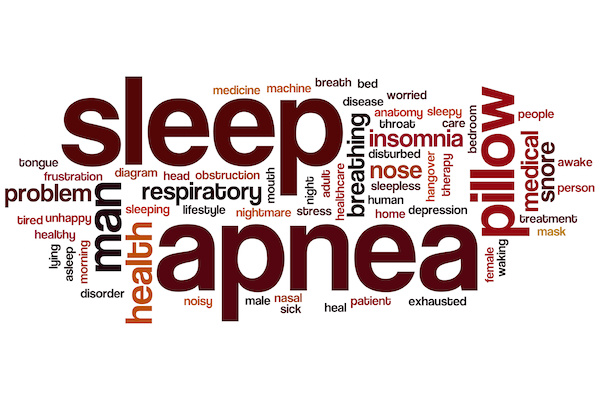THURSDAY, March 10, 2016 (HealthDay News) — Be prepared to lose a bit of sleep this weekend with the switch to Daylight Saving Time, but one doctor offers some tips for a smooth transition.
The change takes place at 2 a.m. Sunday, when clocks “spring forward” one hour.
“It’s well known that a small shift in time can have an impact on our body clock and our health, and the time change may cause sleepiness and fatigue. When time shifts, remember your body has a clock, too,” said Dr. Yosef Krespi, director of the Center for Sleep Disorders at Lenox Hill Hospital in New York City.
Krespi said the one-hour change should make little difference to the young and healthy. But sleep-wake cycles change as people age, so the older people are, the more likely they are to struggle with the time adjustment.
“Individuals with pre-existing sleep conditions such as insomnia or sleep apnea will have even more difficulties in adjusting to the change,” he said in a hospital news release.
Research has found that heart attacks, traffic crashes and workplace accidents increase just after the switch to Daylight Saving Time. Disturbances in sleep patterns associated with the change can also affect performance, concentration and memory, Krespi added.
“The impacts of Daylight Saving Time are likely related to our body’s internal circadian rhythm, the molecular cycles that regulate our brain when we feel awake and when we feel sleepy,” Krespi said.
Most people should be able to adjust to the change within a day or two, he said, offering the following suggestions:
- Adults should wake up 15 minutes earlier than usual on each of the several days before the time change and avoid napping this weekend. On Saturday, get some exercise around midday instead of later in the day, because exercise helps advance your body clock.
- If possible, spend at least an hour in sunlight on Sunday to help your body clock adjust to the time change. Limit heavy eating and avoid complicated tasks — such as computer, tablet or other electronic device use — for at least an hour before bedtime.
- Avoid stimulating substances such as alcohol, tobacco and caffeine — found in coffee, tea, chocolate and some pain relievers.
- If you feel sleepy after the clock switch, take an afternoon nap, but only for 30 minutes or less.
- Make sure your bedroom is cool, quiet, dark and free of distraction for the best possible sleep.
- Cut infants’ and toddlers’ nap times by about one-third over the weekend to prepare them for a bedtime that might otherwise feel too early. If young children go to bed late because of the time change, let them get their normal amount of sleep in the morning.
More information
For more about sleep, visit the National Sleep Foundation.
Copyright © 2026 HealthDay. All rights reserved.

